How to water dracaena at home?
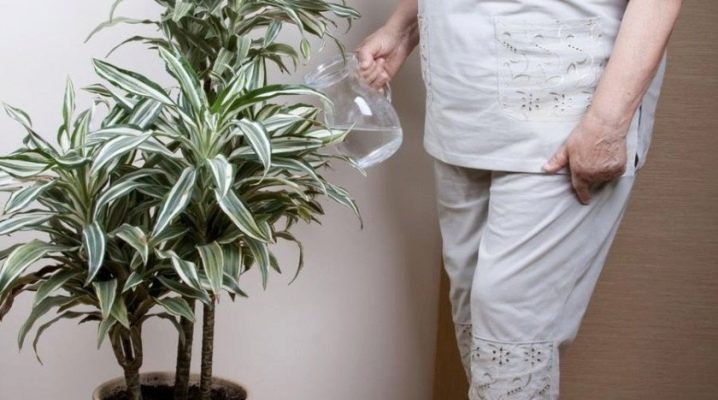
Dracaena is a rather unusual and beautiful houseplant. It grows wild only in tropical and subtropical forests of Africa, South America and Asia. In nature, there are more than 100 species of dracaena, so finding a suitable one for your home is not difficult. It is important to know that this plant loves moisture, light and warmth. However, even in our northern latitudes and indoor conditions, it is possible to create the microclimate it needs, and then the dracaena will grow and delight us with its exotic appearance. With proper care, this houseplant can grow to two or more meters. Keep this in mind when purchasing dracaena. And remember, one of the most important conditions for such care is proper watering.
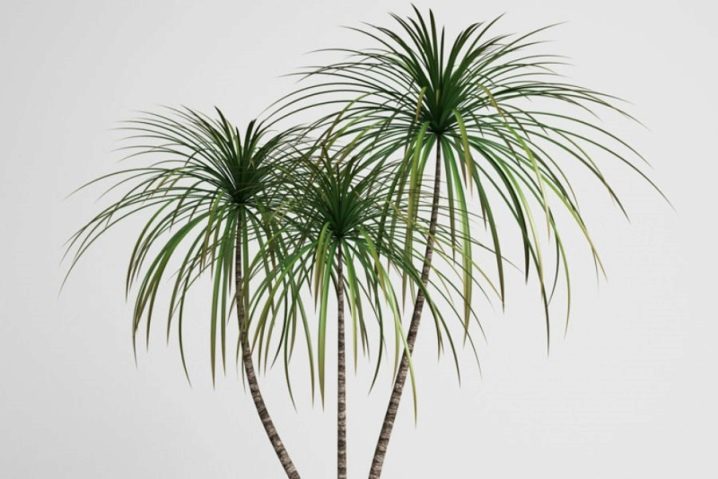
The ways
Despite the fact that dracaena is not a very capricious plant, and it is not difficult to take care of it at home, there are still some features of care. Although this plant is of tropical origin, it really does not like waterlogging. Only one type of dracaena "Sandera" can always be in the water and will feel great. And the rest of the species is extremely important not to overflow. Because too frequent watering and stagnant water in the pot causes root rot. It is also advisable not to overdry the plant.
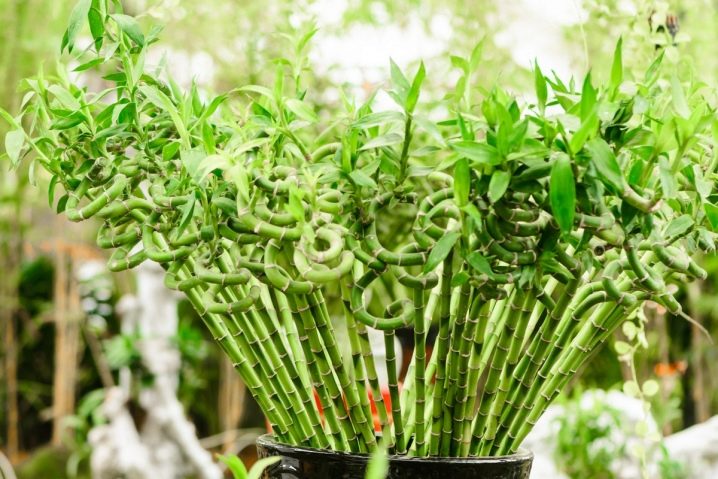
How to understand that dracaena does not have enough water? This will be noticeable immediately when the tips of the leaves are clearly yellow and dry.
If this happens, know that it is urgent to increase the intensity of watering. However, even under such conditions, proceed carefully, because the rule "it is better to underfill than to overfill" is suitable for watering any indoor plants. And one more important point - for dracaena, first of all, moist air is needed, and watering must be done very carefully, as needed. If the soil in the pot with the plant is loosened a little, and the soil under the top layer is dry, then you need to water it.
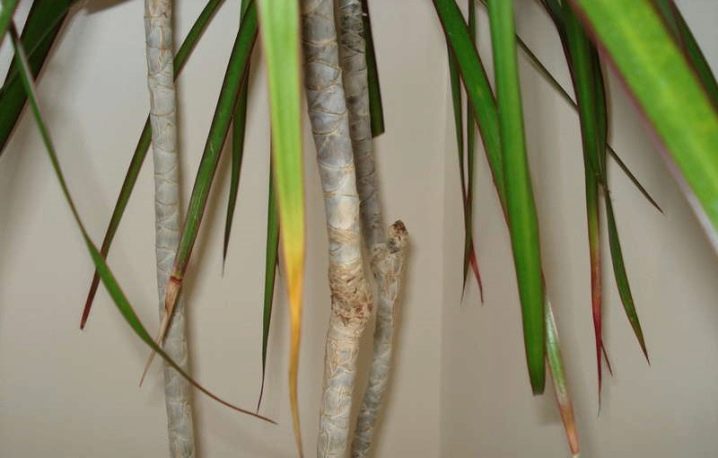
In the shower
"Rain" is one of the most favorable watering methods for indoor flowers, including dracaena. What is good, during this procedure, all the dust is washed off from each leaf. Watering is carried out in the bathroom under the shower or, if possible, in the summer outside using an ordinary watering can. After that, it is necessary to leave the dracaena for a short while in the bathroom, so that all the excess water is glass.
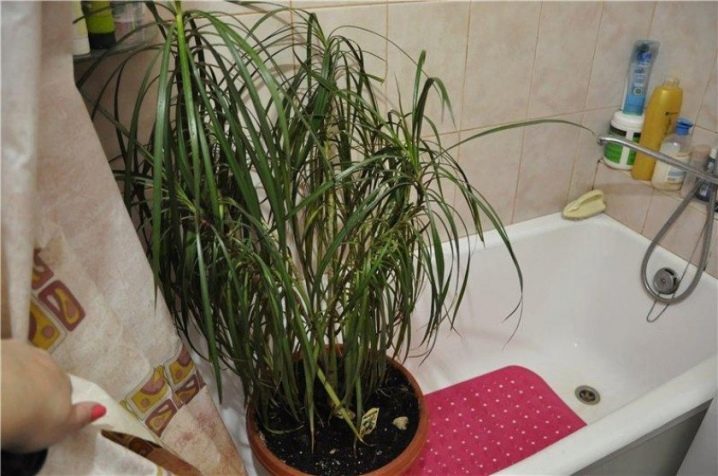
When it's time to remove the plant pot from the bathroom, you can shake it a little more to get rid of excess moisture. This should be done carefully and carefully so as not to damage the dracaena. It is important to let the leaves be completely free of water so that the drops do not stagnate in the leaf axils and do not harm the plant. Dracaena after such a "bathing" will thank you with rapid growth and luscious green foliage.
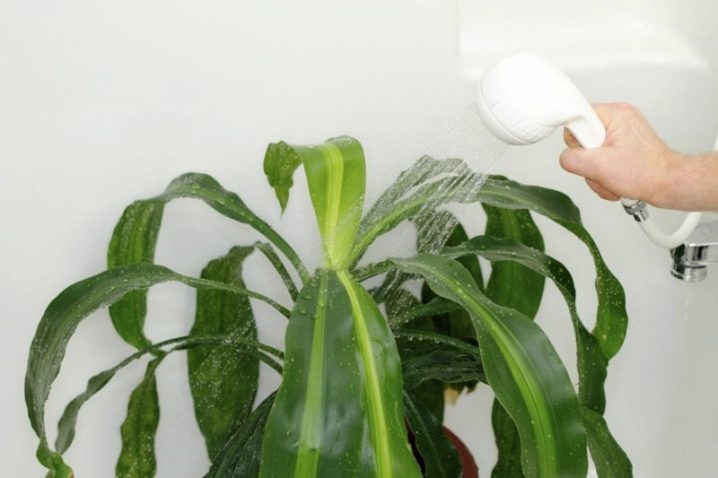
Into the pallet
You can also pour it in another way - into the pallet. When planting a plant at the bottom of the pot, it is imperative to make holes and fill in drainage so that the soil is saturated with oxygen and the water does not stagnate. The pot with the plant is placed in a tray. Water is poured into it from time to time so that the earth can independently absorb the required amount of moisture. The remaining water must be drained. This method is good because minerals are not washed out of the soil.
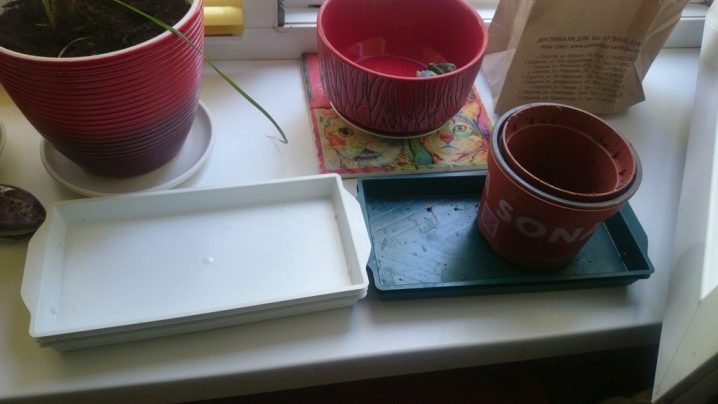
Through the top
The most common and traditional way of watering is through the top. For proper watering, it is better to use a watering can with a narrow, long neck.It is worth watering the plant with warm soft water very carefully and at the very root. But with this method, all useful microelements flow into the pan together with the water. Therefore, you need to use fertilizers more often. On sale there are special complex fertilizers for dracaena in both dry and liquid form. Usually they are bred in the recommended ratio with water before watering.
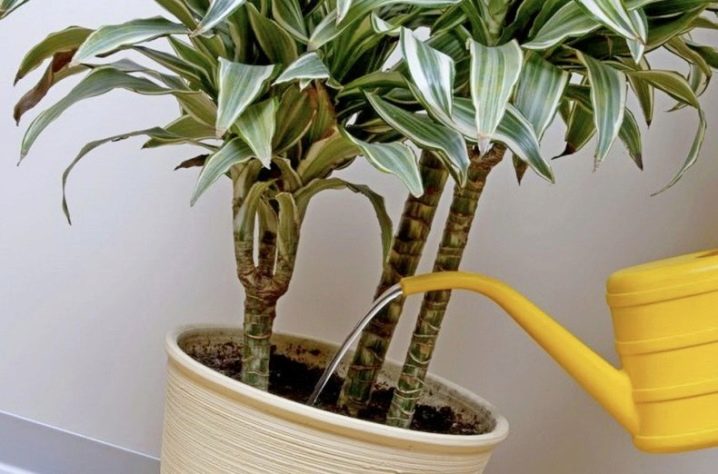
How many times a week to water?
Usually dracaena is watered 2-3 times a week. But we must warn you that this is not entirely straightforward advice. It is necessary to build on the conditions of detention, as well as on where the pot with the plant is installed. If the room is hot and dry, you can water every other day and, conversely, when the humidity and low temperature in the room are high, watering is reduced.
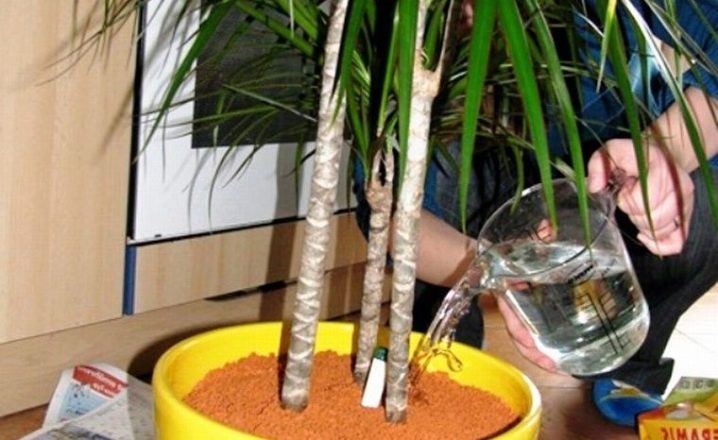
The frequency of watering also depends on the age of the plant and the size of the pot.
Accordingly, in no case do we fill the little dracaena with a large amount of water, reducing the frequency of watering. And for watering a two-meter tree, if the earthen lump is dry, you will need at least a liter of water or even more. And watering such a large plant, of course, needs to be done more often.
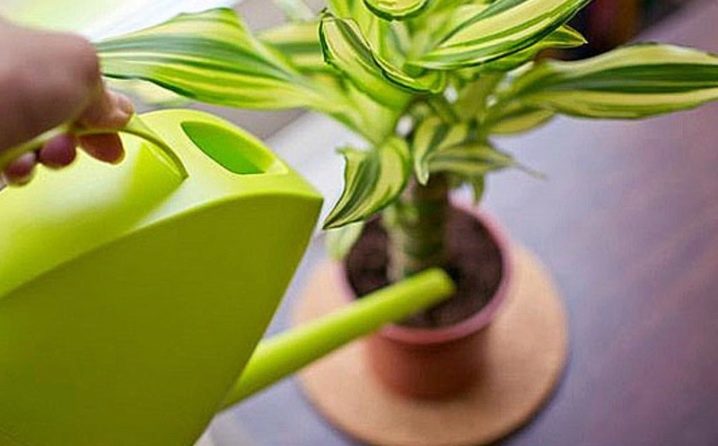
Before watering the plant, you must first see how dry the soil in the pot is, and do not forget to loosen it from time to time. Also, this houseplant must be kept away from heating appliances and protected from drafts. Those who do not have the opportunity to tinker a lot with air humidity can be recommended to purchase those varieties of dracaena that can easily tolerate the most common room conditions. The most undemanding to air humidity are "Dragon" and "Dracaena Godsef". However, even they need to be watered correctly.
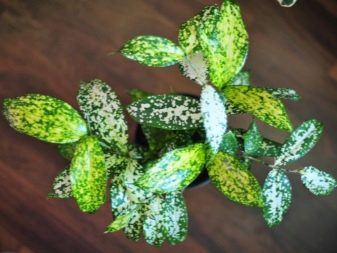
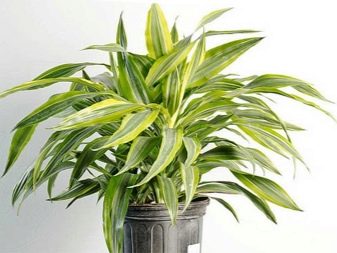
What is the best water to use?
To properly care for dracaena, you need to fulfill some conditions. And one of these conditions is the quality of irrigation. What does it mean? This means that in no case can you just use tap water. The water must be filtered or at least settled. It should also be at room temperature, somewhere between 18-23 degrees Celsius. Not a single houseplant, including dracaena, should be watered with cold water. Otherwise, the flowers begin to hurt, grow poorly and may even die.
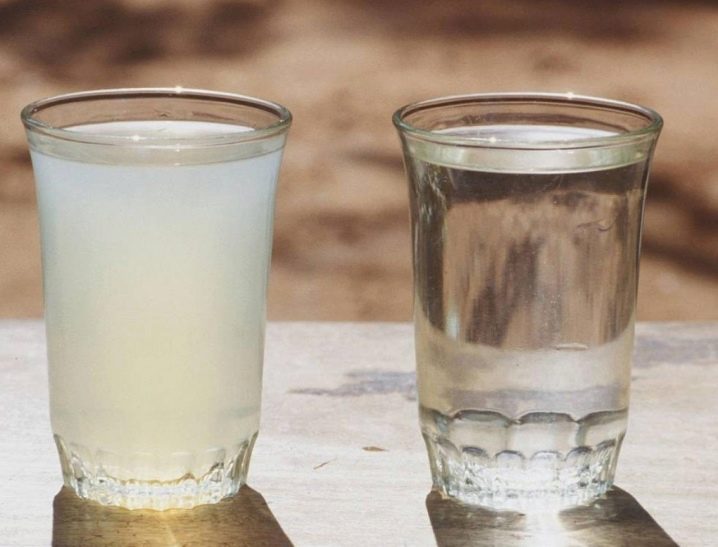
The best option is to use melt water. In winter, you can collect snow or ice in a container, wait until everything thaws, and use this "living" water for irrigation. This distilled water is considered the softest and healthiest. The summer alternative is rainwater irrigation. To collect rainwater, you can place barrels under the downpipes. Or, if there is such an opportunity, take out the pots with plants under the summer warm rain.
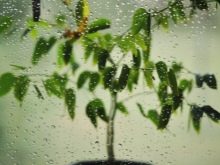
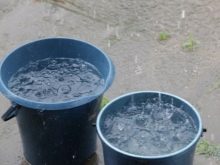
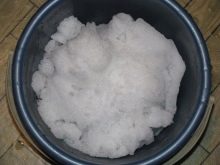
Remember that the water for irrigating dracaena should be soft, without excessive salts. Too hard lime water can be softened with a food grade acid such as citric or acetic acid. Add about half a teaspoon to 5 liters of water.
But use this method rarely and very carefully.
Watering at different times of the year
The frequency of watering also depends on the season. In winter, the plant is dormant, so it will be enough to water the dracaena once every 2 weeks. But you need to make a reservation that everything depends on the conditions in which the plant is located. In a dry, hot microclimate in an apartment, you need to moisten the soil more often. It is also advisable to spray the plant with a spray bottle or wipe the leaves with a damp cloth. In summer, dracaena can be taken out on the balcony or outside, but in no case under the scorching sun rays, watering every other day or two.
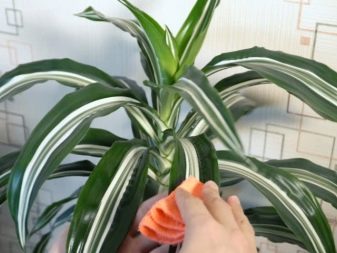
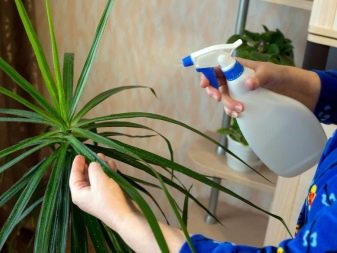
Helpful hints
The main thing in caring for dracaena is the systematic nature and adherence to the biorhythms of the plant. That is, you need to water it regularly, and not when you have to, at regular intervals, while not forgetting about the period of growth and rest. Dracaena grows actively in spring, from April to August. During this period, fertilizing the plant with mineral fertilizers and more active watering is relevant.And from October to January, dracaena "retire."

If, while following all these rules, the plant still looks unimportant, it may be necessary to change the location or lighting. It must be remembered that dracaena is still a tropical plant. And like any flower from the tropics, humid air around it is important for it, and not excessive root watering.
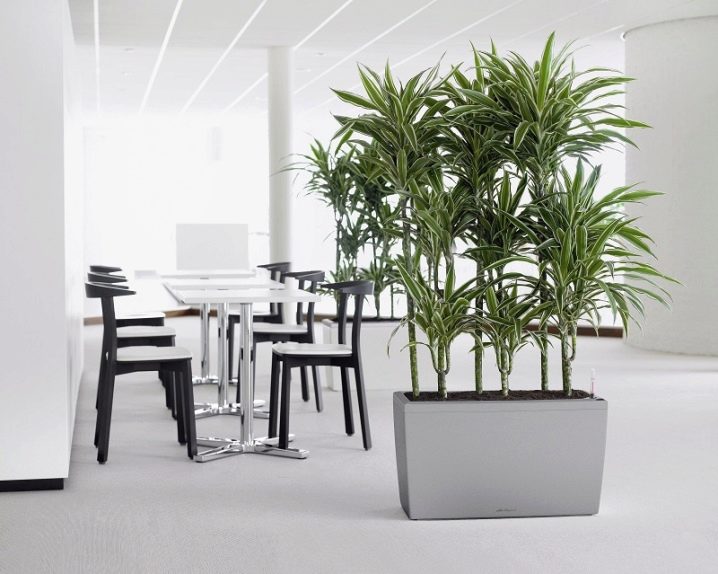
Separately, it should be noted that both in bright light and in the shade, the dracaena will begin to wither. Which exit? There should be light, but it should be diffused. Therefore, in the summer you can hide the dracaena in partial shade, and in the winter you can safely move it to the windowsill. By the way, this moment also directly affects the amount of watering. In a very hot room, you can install air humidifiers or put containers with water near the heating devices.
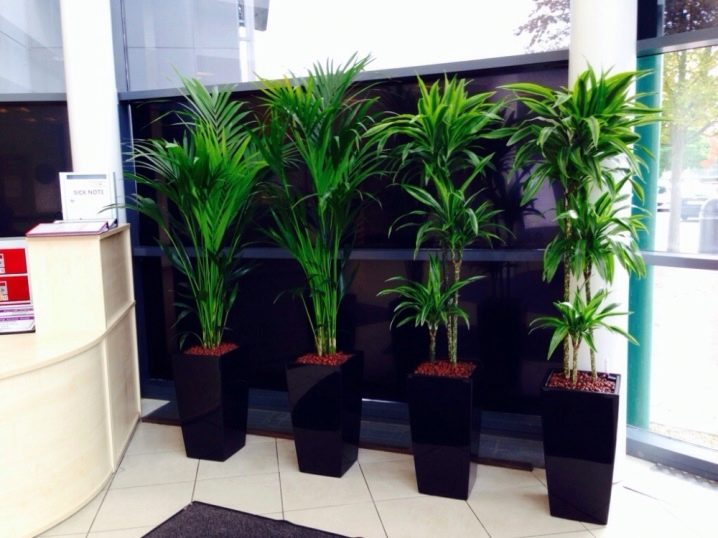
It is advisable not to forget to spray the plant from time to time from a spray bottle, wipe the leaves with a damp cloth and often use the watering method under the shower. This plant does not like dust very, very much, especially on its leaves. Indeed, many dracaena owners note that if they clean the room more often, then these plants begin to grow more willingly.

Attention! In no case, do not use special aerosols that create additional gloss on the leaves, this is completely unnecessary and can ruin the dracaena.
If it happened that the plant was flooded, then it should be urgently transplanted. To do this, the dracaena must be removed from the pot along with a lump of earth. Rinse the root under running water, carefully examine it, cut off rotten areas, sprinkle with ash or crushed activated carbon. Then plant the plant again in a pot with fresh soil.
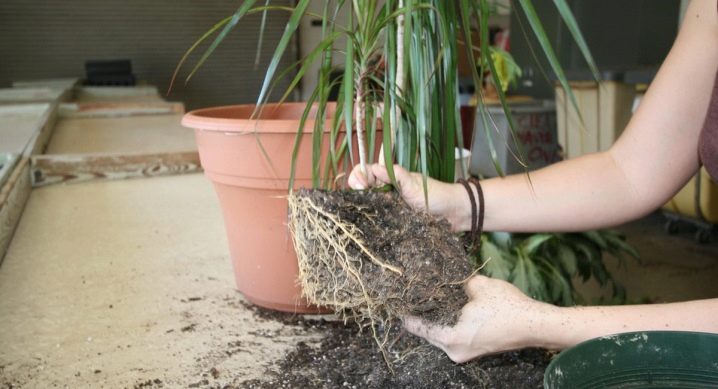
Despite the fact that dracaena is considered a rather capricious plant, you can find a dozen flowers even more whimsical than she. In fact, raising her is not so difficult. It is important to clearly understand the needs of this plant. You can quickly feel a sense of proportion when watering and catch the rhythms of dracaena growth. When growing it, like any other plant, only increased attention to the needs of the flower and strict adherence to the rules of caring for it is enough.
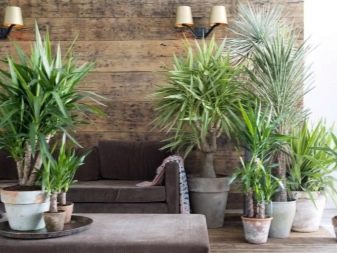
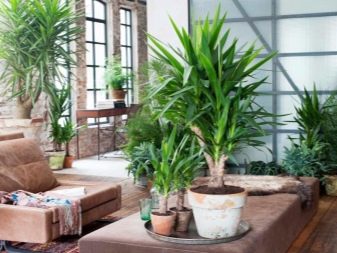
For information on how to water dracaena at home, see the video below.




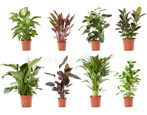
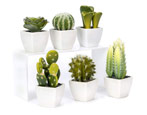
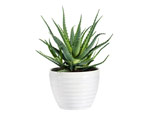
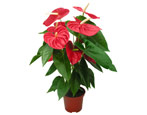
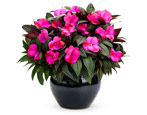
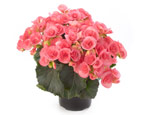
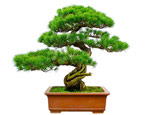
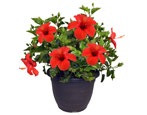
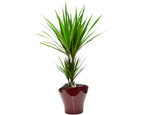
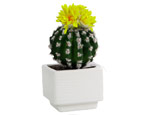
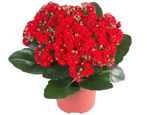
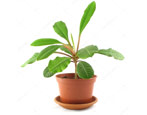
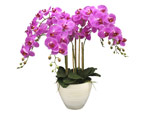
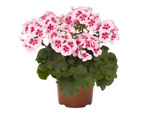
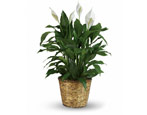
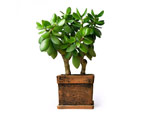
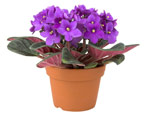
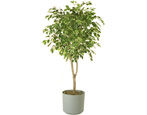









The comment was sent successfully.